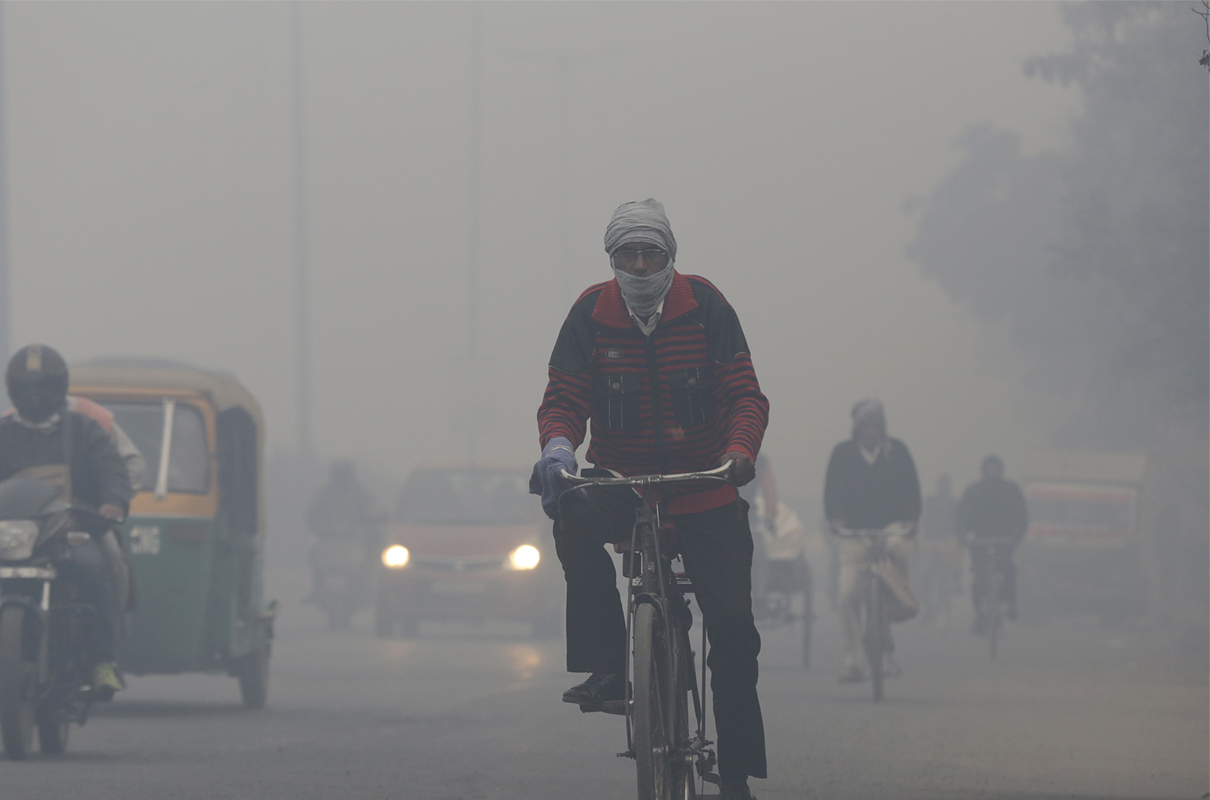
Operations at the Bikita Minerals, the largest lithium mine in Zimbabwe which is currently owned by Sinomine Resource Group in China, have been suspended.
Centre for Natural Resource Governance (CNRG) Director Farai Maguwu on May 2 claimed massive looting of lithium at the mine. 42 trucks of lithium ore were said to be leaving the site on a daily basis. ”Fellow Zimbabweans, the looting of our minerals at Bikita Minerals has reached another level. They are processing 754 tonnes of concentrate per day. 42 trucks loaded with lithium concentrate departing daily with the loot,” said Maguwu.
With 860 employees, Bikita Minerals has 11 million tonnes of lithium. In a USD 180 million agreement last year, China’s Sinomine Resource Group acquired Bikita Minerals, one of Africa’s oldest and at the time the only lithium-producing mine in Zimbabwe. Zimbabwe has been in an economic disaster for three decades, but lithium is being viewed as a solution. Since the early 2000s, analysts have proposed that the mineral could also aid in avoiding the consequences of trade and aid limitations. In order to increase current operations at Bikita, the Chinese miner committed an additional USD 200 million. This included building two lithium processing units to generate 250,000 tonnes of spodumene concentrate and 480,000 tonnes of petalite annually. Another important material for batteries is spodumene, while the glass and ceramics industries employ petalite, a lithium mineral.
Meanwhile, in a statement released on Monday, Bikita Minerals Mine Manager David Mwanza said they were working to clear issues raised without naming them, reported New Zimbabwe. “This release serves to inform our stakeholders and partners that we have put operations at our plant on hold for seven days to address administrative concerns raised by authorities,” said Mwanza.
Despite increases in productivity, working conditions allegedly worsened since employees were allegedly mistreated, received low pay, were housed in unsanitary facilities, and were not registered with statutory organisations like the National Social Security Authority.















